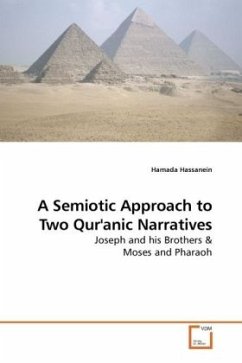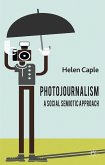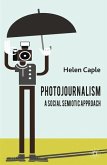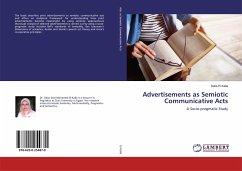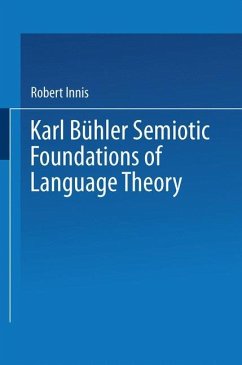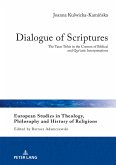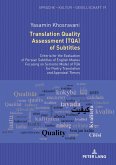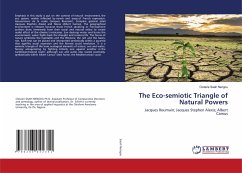Hopefully second to none, this monograph conducts a structural-cognitive semiotic analysis of two narratives in the Qur'an: Joseph and his Brothers & Moses and Pharaoh. In doing so, it detailedly presents semiotics theoretically, methodologically, and practically, with the aim of finding answers to three main questions:'WHAT' is the narrated? 'HOW' the narrated is told? 'WHY' the narrated is told? The chosen methods answer the question what? through the 3-D and actantial models; the question how? through the transport and enunciative models; and the question why? through the thematic and discursive models. The analytical study shows that a) semiotics is too difficult to define operationally, is wedded to many disciplines, and is criticized for being imperialistic, generalized and selective; b) that the model, though unnamed, can be envisaged as textual, semiotic and narrative; c) that the two narratives share as well as differ in certain narrative aspects propositionally, enunciationally, and discoursally.

